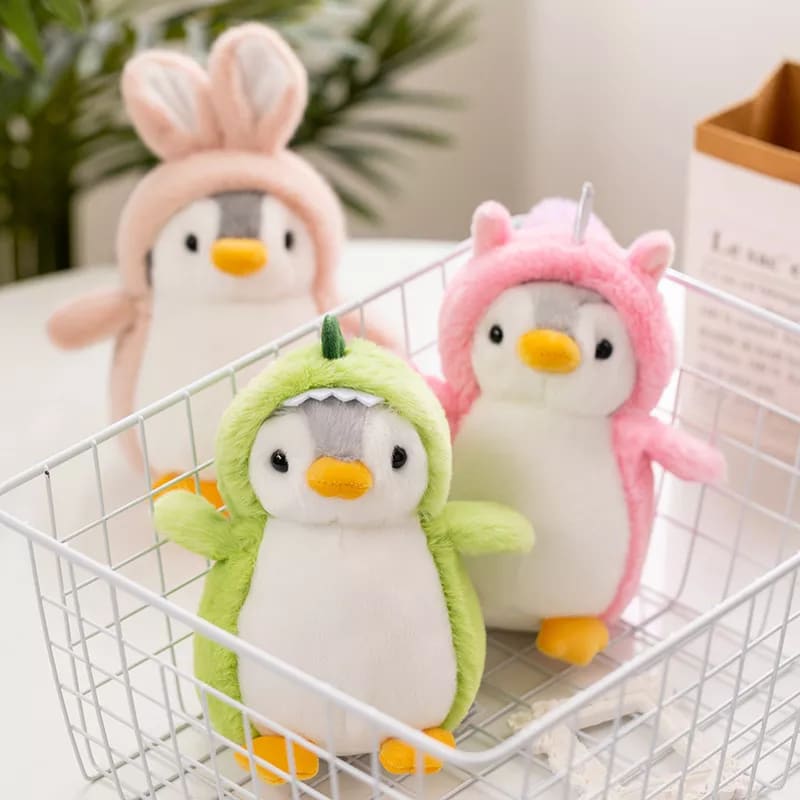Why are Penguins so Friendly?
Adaptations for Survival
Despite their cute and cuddly appearance, penguins are actually highly adapted creatures that have evolved unique strategies for survival. One of the reasons penguins are so friendly is because they live in large colonies, which provide them with safety in numbers. By congregating together, penguins can protect themselves against predators and stay warm in the harsh Antarctic environment.
In addition, penguins have developed a strong sense of social bonding. They engage in various displays and rituals, such as courtship dances and vocalizations, to communicate with each other and establish strong relationships within their colony. This social behavior extends to interactions with humans, as penguins have learned to recognize humans as non-threatening and even helpful in some cases.
Colonial Living
Living in large colonies is a key adaptation for penguins. It allows them to share responsibilities, such as taking turns to forage for food and guard the eggs or chicks while others go in search of sustenance. This cooperative behavior not only strengthens their chances of survival but also fosters a sense of community and camaraderie among the penguins.
Penguins also use their colony as a way to fend off predators. When a predator approaches, the penguins huddle together, forming a wall of bodies that makes it difficult for the predator to single out an individual penguin. By sticking together, penguins increase their chances of survival and create a safer environment for themselves and their offspring.
Furthermore, living in a colony provides penguins with the opportunity to learn and pass on valuable information. Older, more experienced penguins can impart their knowledge to younger individuals, ensuring the survival of important skills and traditions from one generation to the next.
Social Behavior and Communication
Penguins are highly social animals and rely on effective communication to maintain their colony structure. They use a variety of visual and vocal signals to convey messages to each other and establish social hierarchies within their group.
For example, during courtship displays, male penguins perform intricate dances and vocalize to attract a mate. These displays not only serve as a means of courtship but also allow penguins to assess the fitness and suitability of potential partners.
Penguins also use vocalizations to communicate with each other, often making specific calls to locate their mates or chicks among the large colony. These vocalizations can be highly distinct, allowing penguins to identify individual calls within a chaotic environment.
Interaction with Humans
Another reason why penguins are so friendly is their interaction with humans. Over time, penguins have learned to associate humans with safety and even find them intriguing.
As humans have ventured into penguin habitats for scientific research and eco-tourism, penguins have grown accustomed to their presence. They have realized that humans pose no threat and can even be a source of protection against predators, as humans act as a deterrent for potential threats.
Tolerance and Curiosity
Penguins have a remarkable ability to tolerate humans in close proximity. They often approach humans out of curiosity, especially if they observe humans behaving calmly and non-aggressively. This curiosity leads to playful interactions between penguins and humans, as both parties seem to enjoy each other's company.
Humans, in turn, are captivated by the charming and comical nature of penguins. Their waddling walk, awkward movements, and adorable appearance evoke a sense of joy and amusement in people. This mutual fascination further reinforces the friendly interactions between penguins and humans.
These interactions with humans have also provided researchers with valuable insights into penguin behavior and biology. Scientists have been able to study penguins up close, gather important data, and raise awareness about the conservation of these extraordinary creatures.
Conservation Efforts
The friendliness of penguins towards humans has also paved the way for conservation efforts. By capturing the hearts of people around the world, penguins have become powerful ambassadors for wildlife conservation.
People who have had the opportunity to interact with penguins are more likely to develop a deep emotional connection to these animals and feel compelled to protect their natural habitats. This increased awareness and concern for penguins has led to the establishment of marine protected areas and stricter regulations to safeguard their fragile ecosystems.
In conclusion, penguins are friendly creatures due to their adaptations for survival, strong social behavior, and interactions with humans. Their ability to live in large colonies, communicate effectively, and form bonds with both their own species and humans contribute to their friendly nature. By understanding and appreciating the unique qualities of penguins, we can continue to promote their conservation and ensure their presence in our world for future generations.

























